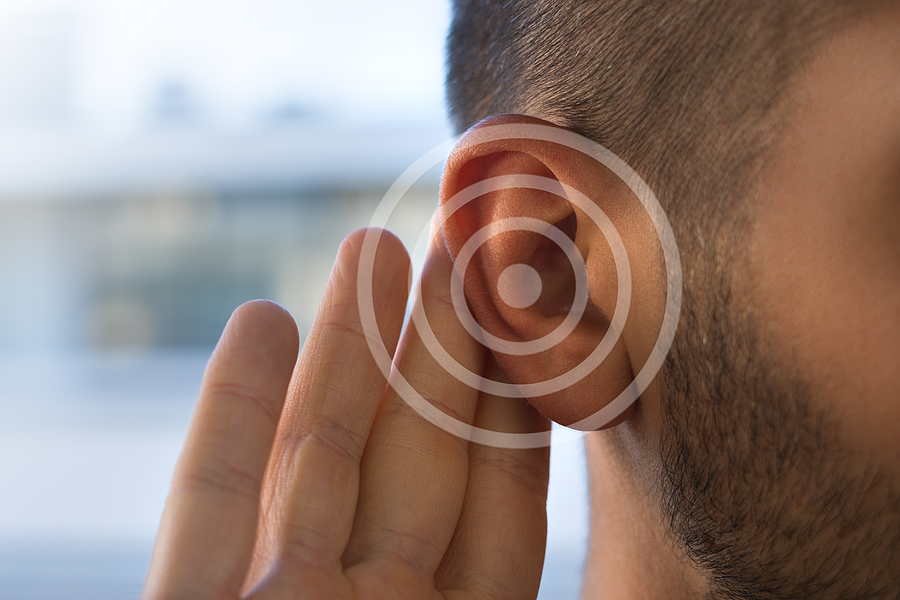Choosing the right Aviation Medical Examiner (AME) can be a difficult task. It is no wonder that one of the most common medical questions posed in most pilot forums is, “Does anyone know a good AME?” We have set out to try and answer that question with our nationwide AME directory at pilotdoctors.com.
But what is a “good” AME exactly? For most pilots, the answer is most likely something akin to “any AME who gives me a certificate.” The FAA and the general public might find that working definition unsettling. Nonetheless, when you are young, healthy and can honestly check “no” for every MedXPress question, there is nothing wrong with choosing an AME based on efficiency and availability.
Unfortunately, as time goes on, most of us will eventually have to check “yes” to one of those questions. What happens then? As one might expect, that depends on the AME. Most AMEs’ perform FAA physicals as only a small part of their practice. Relatively few are formally trained in aerospace medicine and many are unaware or unwilling to undertake the heavy administrative burden of reviewing medical records or taking on liability by issuing a certificate to a pilot who is not in pristine physical health. When in doubt, they always have the option to defer your certification decision to the FAA. When that happens, it generally takes several months or more to receive your certificate.
Every pilot wants to avoid that delay. What might surprise you is that the FAA wants you to avoid it too. Every certification decision that an AME defers to the FAA represents one more decision that the limited medical staff at the Aerospace Medical Certification Division (AMCD) has to adjudicate. The fact is that AMCD has gone to great lengths to publish a comprehensive set of guidelines to assist AMEs in deciding whether or not to issue certificates. Other than granting medical certificates to pilots who are unsafe to fly, the last thing AMCD wants to do is make decisions that they tried to delegate to AMEs.
From our perspective, a good AME is one that knows AMCD’s guidelines well and takes the time to apply them to individual pilots. AMEs that do that are able to issue the vast majority of medical certificates to pilots right from their offices on the same day of their exams. That is true even for pilots with a number of well-controlled medical conditions. Even when they are not able to issue a certificate, a good AME can still help you collect the right documents to send to the FAA along with your physician. That can shave months off the time it takes to get your approval.
There are many great AMEs scattered across the country who will do just that. Finding one of them is a challenge. The majority of pilots rely on advice from their fellow airmen or choose an AME based on proximity. The problem with that is that an AME that other pilots rave about because they get you out of the office quickly when you are healthy might not be the one you want when you have a new medical condition. Choosing one because they are the closest is just rolling the dice.
Our pilotdoctors.com directory provides a better solution. Our easy-to-use interface allows you to quickly and efficiently locate AMEs in any area of the country. It also lets you browse their existing online reviews to see if other pilots have commented on their experiences during past exams. Our PIREP feature provides a convenient way to leave your own feedback and rating for any AME you have visited.
AMEs can comment too. After verifying their listing, AMEs can provide more information about their training, practice experience, aviation qualifications, areas of expertise, and other information about their practice.
Our goal has always been to make sure that you show up to your FAA medical exam armed with the confidence that comes from knowing what to expect from the process. Now, you can find out what to expect from the doctor who will conduct your exam.





